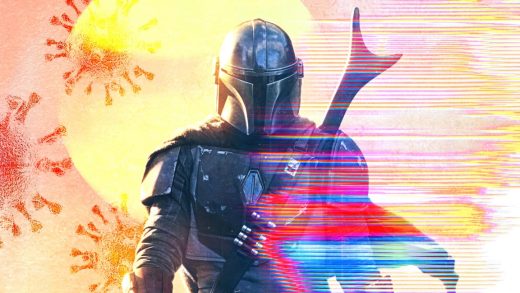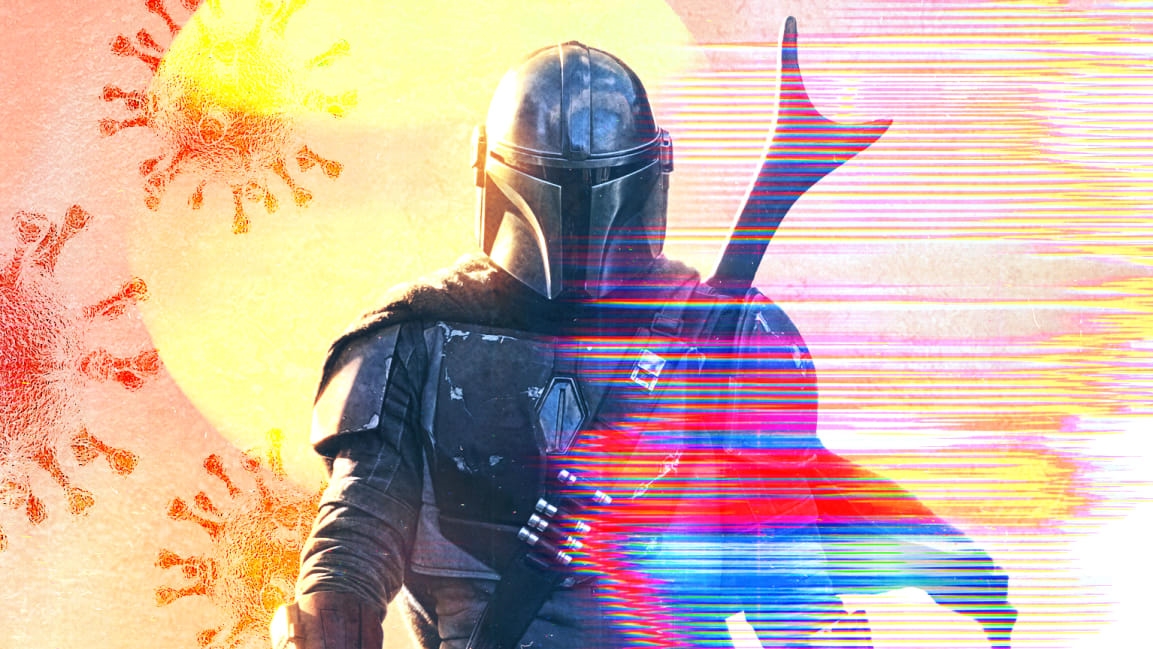Harsh penalties for ‘unauthorized streaming’ are tucked inside the COVID-19 stimulus bill
Under a new provision in the massive coronavirus relief and spending bill just passed by Congress, people who operate illegal streaming services could see up to 10 years in federal prison, CNN reports. But even internet freedom advocates say that the felony charges allowed by the law are unlikely to apply to everyday internet users, including YouTubers and other streamers who might use elements of copyrighted work in their videos.
That most harsh penalty will apply to repeat offenders, and legislators behind the law say it wouldn’t apply to people who watch illicit streams or “unwittingly stream unauthorized copies of copyrighted works,” according to a statement released by Senator Thom Tillis of North Carolina.
“The shift toward streaming content online has resulted in criminal streaming services illegally distributing copyrighted material that costs the U.S. economy nearly $30 billion every year, and discourages the production of creative content that Americans enjoy,” Tillis said. “This commonsense legislation was drafted with the input of creators, user groups, and technology companies and is narrowly targeted so that only criminal organizations are punished and that no individual streamer has to worry about the fear of prosecution.”
While social media was full of posts warning that Twitch and YouTube streamers could face felony charges, the law contains language saying it only applies to people who offer a service “primarily designed or provided” for unauthorized streaming, or “has no commercially significant purpose” beyond unlicensed streaming, or is marketed for that purpose.
As a result, the law failed to draw the significant criticism from civil liberties groups that some previous copyright laws have drawn.
“As a general matter, we do not see the need for further criminal penalties for copyright infringement,” said Public Knowledge senior policy counsel Meredith Rose in a statement. “However, this bill is narrowly tailored and avoids criminalizing users, who may do nothing more than click on a link, or upload a file. It also does not criminalize streamers who may include unlicensed works as part of their streams.”
(27)



